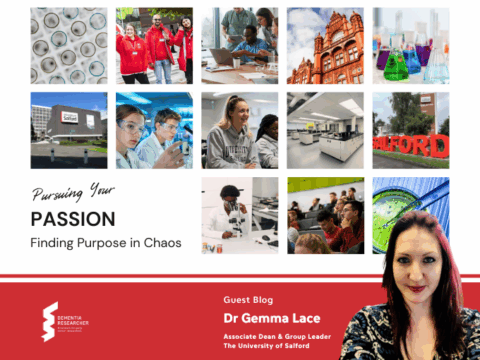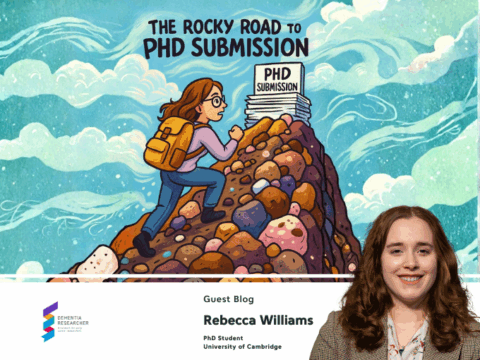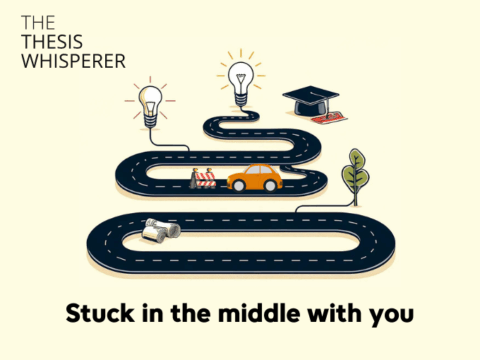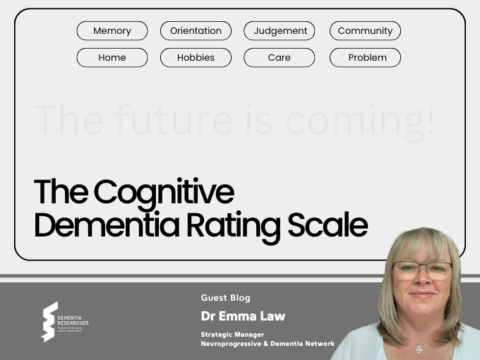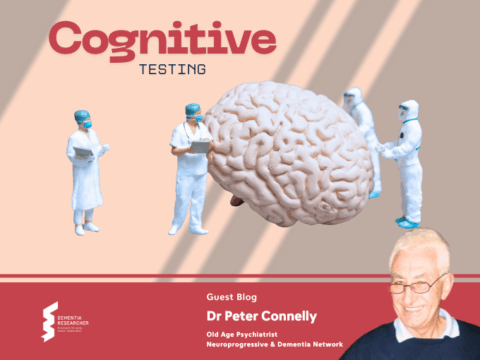As I approach the end of my PhD programme and have now submitted a full draft of my thesis to my supervisors for review (yay!) – I feel I am in a good position to reflect on my journey, but more specifically, what it actually takes to put a thesis together? I mean, you don’t go into a PhD programme having ever done it before. Sure you have likely completed loads of essays and dissertations, but a PhD thesis? A mammoth task, right? Well if this sounds of interest to you, keep reading as I will be sharing my top tips in this blog!
Write from the get the go
I know, it’s not as easy as it sounds, but the very best thing you can do is be organised from the start or early on in your programme and start that writing process. In the beginning, it sounds and feels like you have SO MUCH TIME. I was funded for 3.5 years and let me tell you, it has zoomed by. I was fortunate to have worked as a researcher before my PhD, so I already had some research skills and insights from other students and they all said this same thing. Sure, time is going to spent reading, attending workshops and modules, brushing up your skills and thinking through your proposal – but there is so much benefit in just writing these steps and stages out. It is ALL content. Summarise the reviews you read, the key papers in your area and the recommendations authors make for future research; and let these findings guide your plans and upcoming work. I’m not saying that this content will necessarily make it into your thesis – but it sure will help you to feel productive and give you a starting point to go off.
Understand what a thesis is composed of
I, like I’m sure many other PhD candidates, reached a point somewhere in my final year when I was like, “I just cannot do this”. I wasn’t burning out per say, but I was sure that the work I had left to complete for just too much for me. I then looked at other people’s work – online and totally free and open to access, then I realised I actually already had the majority of what was needed to compose a thesis and it was so reassuring. Typically, a traditional thesis is composed of around 6/7 chapters. You’ll have your introduction/background chapter explaining the topic, then a couple of chapters of literature reviewing – to inform the reader about what is already known in the area. You’ll have a 2/3 more chapters with your primary work, so your contribution to the field, and then a big discussion chapter that draws everything together. You can check out the White Rose repository of electronic theses online to get some ideas of exactly what passed and awarded thesis looks like. https://etheses.whiterose.ac.uk
Confirmation review writing
One of the very best tips my amazing supervisor gave me was to write my confirmation review report – or first year viva report – as the first three chapters of my thesis. I took this advice and when it came to piecing everything together, I knew that the first three chapters were done and waiting to be updated. Essentially, you will be using that time to write up and submit a formal document for review anyway, so why not make it one that is super useful and useable for yourself later in the process!
Get comments as you go
I was lucky enough to have three lovely supervisors for my PhD programme. We had monthly supervision meetings where I would voice my ideas and discuss my work – often sharing my screen for comments as I go. Your supervisors are likely very busy people, with multiple projects on the go. I’m not saying that your work isn’t a priority to them, it’s just more of a priority to you. So use their time and access wisely. For me this meant I would write up a chapter, with a pre-established self-imposed deadline agreed upon within the team. I would then circulate this chapter to two of my supervisors. They would provide their comments and feedback on the same document, so I would have two sets of comments. I would then make the changes and amendments and circulate again to my third supervisor. This to me was a more rigorous reviewing process and it felt reassuring that my work had undergone two sets of review before making it into my thesis; and of course they must and will read your full thesis once it is in its total form too.
Your thesis is a story
You and your supervisors know your work way more than your examiners ever will, so be sure to make your thesis easy to read and follow and think about the story that you want to tell as you go. Your chapters need to connect and flow, with the outcomes of one chapter’s work leading to the content of the next. Disconnect can leave the reader confused and questioning where your ideas have stemmed from and why you have done certain things – inevitably leading to difficult VIVA questions and potentially even corrections! It’s okay, or in fact necessary to repeat yourself at times and really explain every, single, thing. Remind the reader of your overarching research questions before you embark on a new chapter’s content, link it back to the previous work you have already laid out and make sure all terms and processes are outlined in full. This is an aspect I took for granted, thinking surely my examiners will know these things – we all work in the same field. Now with my supervisor’s comments on my draft, I am adding new bits to make concepts and methods clearer for the examiner.
I hope that these insights have been helpful for your thesis journey! Undoubtedly, pursuing a PhD is a difficult endeavour, but the rewards are great. As you forge ahead, always remember to take pride in your accomplishments and cherish the process. Your thesis is important, for sure, but don’t forget to nurture your well-being along the way. Keep going, stay resilient, and good luck!

Hannah Hussain
Author
Hannah Hussain is a PhD Student in Health Economics at The University of Sheffield. As a proud third generation migrant and British-Asian, her career path has been linear and ever evolving, originally qualifying as a Pharmacist in Nottingham, then Health Economics in Birmingham. Her studies have opened a world into Psychology, Mental Health and other areas of health, and with that and personal influences she found her passion for dementia.

 Print This Post
Print This Post